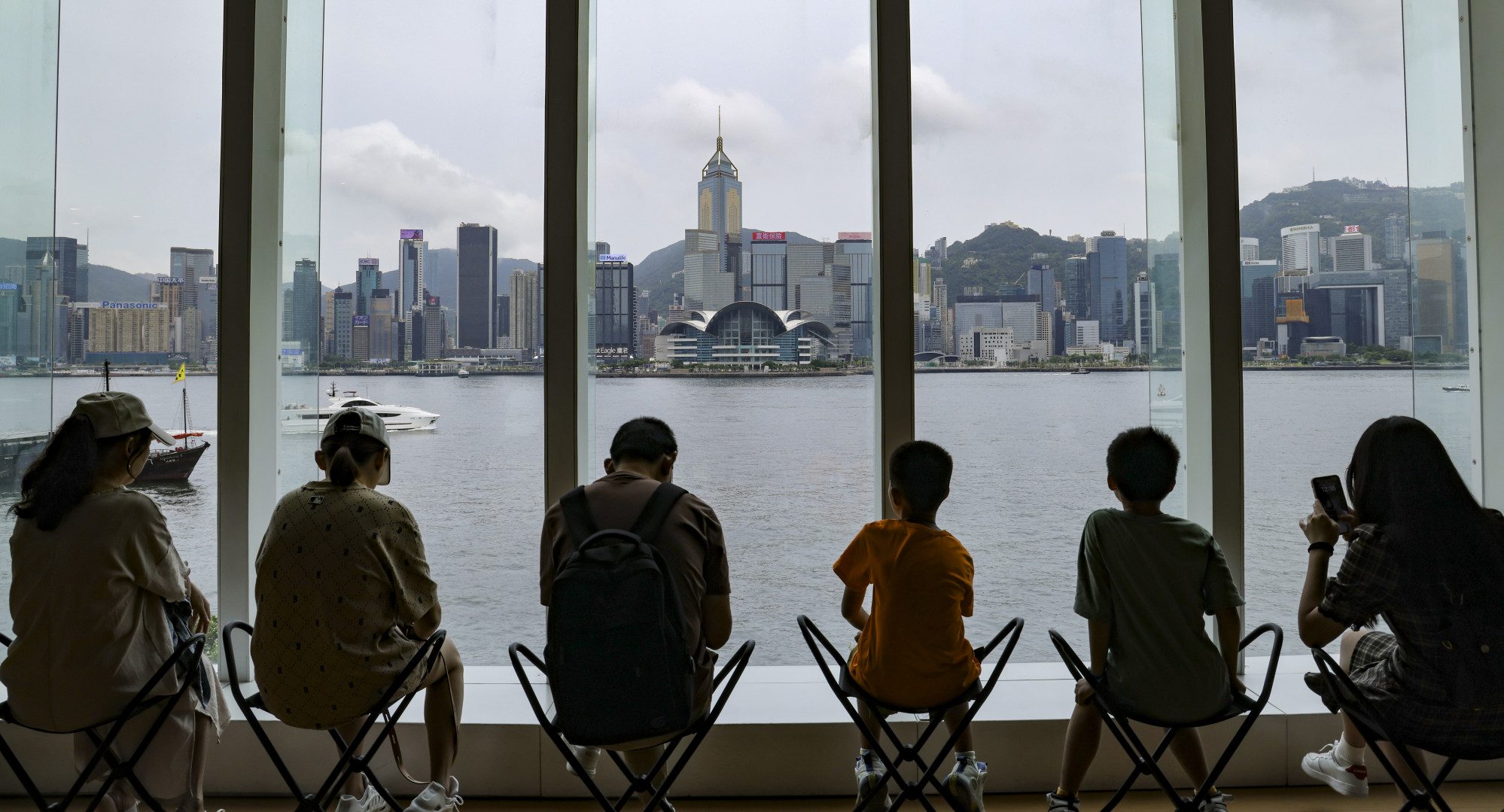
Hong Kong, Sydney among Asia-Pacific cities facing ‘unprecedented shortage’ of green office buildings: JLL
- Sydney is expected to face an 84 per cent shortfall of green grade A office space in the next five years, while Hong Kong is likely to see a 68 per cent supply deficit
- Leasing office space in green-certified office buildings is becoming a must for companies striving to achieve their net-zero targets, JLL says
Cities in Asia-Pacific are staring at an “unprecedented shortage” of sustainable office buildings as companies strive to meet their net zero targets, according to JLL.
Office tenants will be looking beyond green certification and making decisions based on sustainability metrics, including energy efficiency and green energy procurement as part of corporate commitments to meeting their net zero carbon goals, according to the property consultancy.
“Leasing office space in green-certified office buildings is becoming non-negotiable for occupiers, but currently there is very little correlation between these certifications and a building’s energy performance,” said Kamya Miglani, JLL’s head of ESG research for the Asia-Pacific in a statement on Monday.
“Demand for high-quality, low-carbon workplaces will inevitably grow when lease expiries approach. Occupiers risk being stuck with limited options if they fail to plan ahead and re-evaluate the sustainability credentials of their current premises.”

Cities in the Asia-Pacific are set to face an undersupply of net zero carbon buildings over the next five years, according to JLL’s analysis of lease expiries for top occupiers and supply pipelines for sustainable office buildings pre-registered for the highest grade of green certification credentials until 2028.
JLL defines a net zero carbon building as being “all-electric, highly rated, energy-efficient and powered by renewable energy”.
Sydney is expected to face an 84 per cent undersupply of low-carbon office space up to 2028 despite topping JLL’s Sustainable Offices City Index ranking. The gauge evaluates 20 cities in Asia-Pacific in terms of their green-certified grade A office stock, the climate change vulnerability of buildings, government initiatives to foster sustainability and factors influencing progress towards green built environment targets.
Hong Kong, which ranked 16th on the list, is expected to see a 68 per cent supply deficit of top-quality sustainable workplaces in the next five years.
With 77 per cent of the top 100 occupiers in Hong Kong by area leased having committed to net zero carbon targets, the demand for high-grade, low-carbon workplaces is expected to peak within the next two years, outstripping supply more than twofold, according to JLL.
“Only a handful of office buildings in Asia-Pacific match the criteria of a zero-carbon building today,” said Miglani.
“The involvement of governments, coupled with corporate demand and action, will fuel the momentum and ensure a steady pipeline of net zero carbon-ready office stock in future.”
Meanwhile, seven in 10 newly constructed grade A office buildings across the 20 cities in JLL’s Asia-Pacific study were green certified.
The Henderson, Hong Kong developer Henderson Land’s new grade A office tower in Central spanning 465,000 sq ft across 36 floors, which is expected to be completed this year, has received platinum pre-certification in both the WELL Building Standard and Leadership in Energy and Environmental Design (LEED) green building rating systems.
Swire Properties’ Two Taikoo Place in Quarry Bay, completed in September 2022 and covering a gross floor area of nearly 1 million sq ft across 42 floors, has also received the same ratings.
The region must accelerate the rate of retrofitting to meet future regulations to meet the growing demand for sustainable workplaces, according to JLL.
With more than half a billion square feet of grade A office space in the region built before 2011, the potential for retrofitting in the Asia-Pacific is substantial, JLL said.
Redeveloping or upgrading assets to be net zero carbon-ready will serve as the most efficient solution to bridge the supply-demand gap, the consultancy added.

